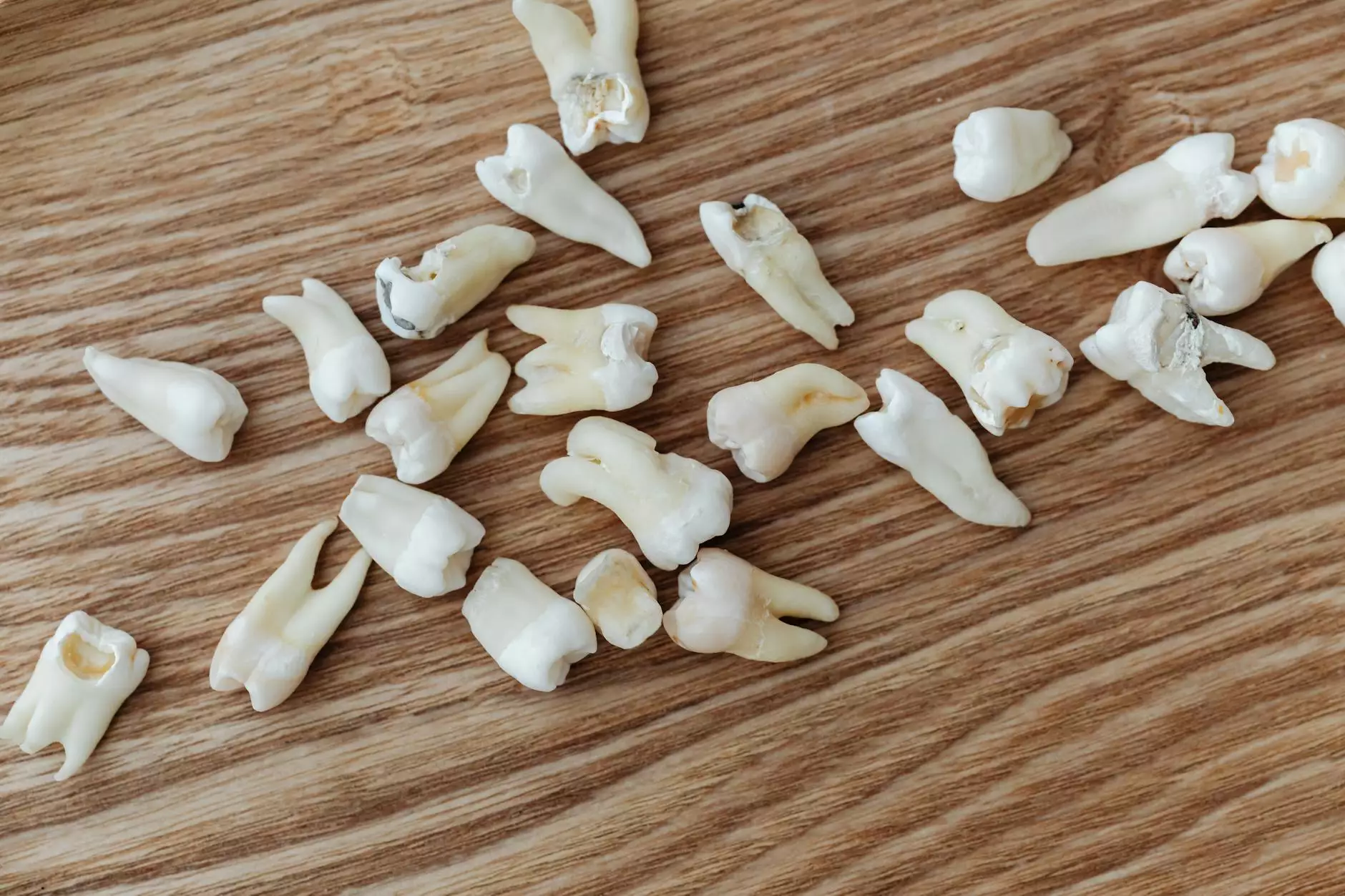The Vital Role of **Pancreatic Cancer Doctors** in Cancer Care

Pancreatic cancer is one of the most aggressive forms of cancer, with a significant impact on those diagnosed and their families. The journey from diagnosis to treatment can be overwhelming, and this is where pancreatic cancer doctors play a crucial role. This article will delve into the multifaceted responsibilities of these specialists, the treatments available, and why seeking expert care is imperative for those affected by this disease.
What is Pancreatic Cancer?
Pancreatic cancer arises when malignant cells form in the tissues of the pancreas, an organ located behind the stomach that plays a vital role in digestion and blood sugar regulation. Typically, pancreatic cancer is diagnosed at a late stage due to its subtle symptoms, which can include:
- Abdominal pain
- Weight loss
- Jaundice (yellowing of the skin and eyes)
- Diabetes
- Loss of appetite
Understanding these symptoms and recognizing them early are critical, as early detection significantly improves prognosis and treatment outcomes.
The Significance of Pancreatic Cancer Doctors
Pancreatic cancer doctors, also known as oncologists specializing in pancreatic cancer, are essential in diagnosing and managing this complex disease. Their expertise encompasses various aspects of cancer care, including:
1. Accurate Diagnosis
The diagnostic process is the first step in managing pancreatic cancer. This includes:
- Imaging Tests: Doctors may use CT scans, MRIs, and ultrasounds to visualize the pancreas and surrounding structures.
- Biopsies: A sample of pancreatic tissue may be taken to determine if cancer cells are present.
- Blood Tests: These can help identify specific tumor markers associated with pancreatic cancer, aiding in diagnosis.
2. Customized Treatment Plans
Once a diagnosis is established, pancreatic cancer doctors formulate a tailored treatment strategy, considering the patient's overall health, the cancer’s stage, and the specific characteristics of the tumor. Treatment options may include:
- Surgery: The Whipple procedure, or pancreaticoduodenectomy, is the most common surgical approach for removing part of the pancreas, bile duct, and surrounding tissues.
- Chemotherapy: This systemic treatment uses drugs specifically designed to target and kill cancer cells.
- Radiation Therapy: High-energy rays are used to kill cancer cells, often employed in combination with chemotherapy.
- Targeted Therapy: This innovative approach uses drugs designed to specifically target cancer cells' genetic and molecular characteristics.
3. Multidisciplinary Care
Pancreatic cancer doctors work within a multidisciplinary team that may include:
- Surgeons
- Medical oncologists
- Radiation oncologists
- Nurses
- Nutritional specialists
This collaborative approach ensures that each patient receives comprehensive care that addresses not just the cancer but also the emotional and nutritional needs critical for recovery.
4. Support and Resources
Living with cancer is challenging, and the emotional toll can be significant. Pancreatic cancer doctors provide not only medical treatment but also access to psychological support services, support groups, and resources that can guide patients and families through their journey.
Advancements in Pancreatic Cancer Treatment
The field of oncology is continually evolving, and pancreatic cancer doctors are at the forefront of these advancements. Some notable developments include:
1. Precision Medicine
Precision medicine tailors treatment based on genetic information. By analyzing specific mutations in individual tumors, doctors can select therapies that are more likely to be effective for the patient.
2. Immunotherapy
This treatment encourages the body's immune system to recognize and attack cancer cells. While still an emerging field for pancreatic cancer, preliminary research shows promise in enhancing the body's natural defenses against this aggressive disease.
3. Clinical Trials
Participation in clinical trials offers patients access to cutting-edge treatments that may not yet be widely available. Pancreatic cancer doctors often provide information about ongoing trials that may benefit their patients.
Choosing the Right Pancreatic Cancer Doctor
When faced with a diagnosis of pancreatic cancer, selecting a qualified doctor is paramount to receiving effective treatment. Here are key factors to consider:
1. Specialization and Experience
Seek out doctors who specialize specifically in pancreatic cancer and have significant experience in treating this type of cancer. Look for board certifications and additional training in oncology.
2. Multidisciplinary Approach
Ensure that the doctor works within a reputable cancer center that employs a multidisciplinary approach to patient care, offering access to specialists in various fields.
3. Patient Reviews and Outcomes
Research patient reviews and success rates. An experienced doctor will often have a track record of successful outcomes and positive patient feedback.
4. Communication Style
Effective communication between the patient and doctor is crucial. Choose a doctor who listens to your concerns, answers your questions, and makes you feel comfortable throughout the treatment process.
Living Beyond Diagnosis: The Role of Survivorship Programs
After treatment, many survivors of pancreatic cancer navigate a new reality. Survivorship programs provide essential support to help individuals adjust to life post-cancer. These programs often include:
- Regular Follow-Up Care: Ongoing monitoring for signs of recurrence is vital.
- Rehabilitation Services: Physical therapy and occupational therapy can help regain strength and functionality.
- Nutritional Counseling: Diet plays a critical role in recovery, and a tailored nutrition plan contributes to ongoing health.
- Psychosocial Support: Emotional health is just as important as physical health in survivorship, and counseling options may be available.
Conclusion
Pancreatic cancer doctors are dedicated professionals who navigate the complexities of diagnosing, treating, and supporting patients through one of the most formidable forms of cancer. With their advanced knowledge, commitment to individualized care, and access to the latest treatments, they are invaluable allies in the fight against pancreatic cancer. Early detection, a tailored treatment plan, and comprehensive support can significantly impact outcomes and quality of life for those diagnosed with this challenging disease. If you or a loved one is facing a diagnosis of pancreatic cancer, seeking the expertise of a qualified pancreatic cancer doctor is a pivotal step towards hope and healing.









